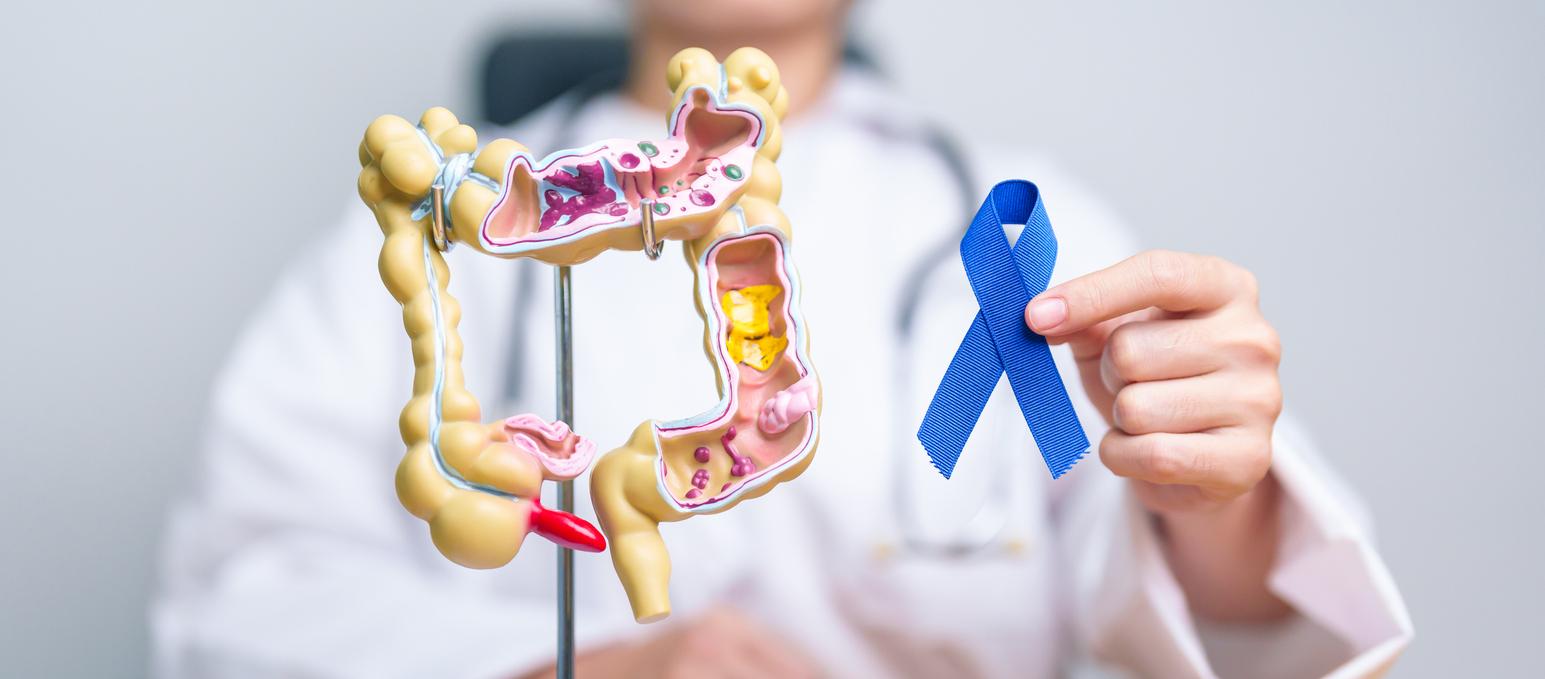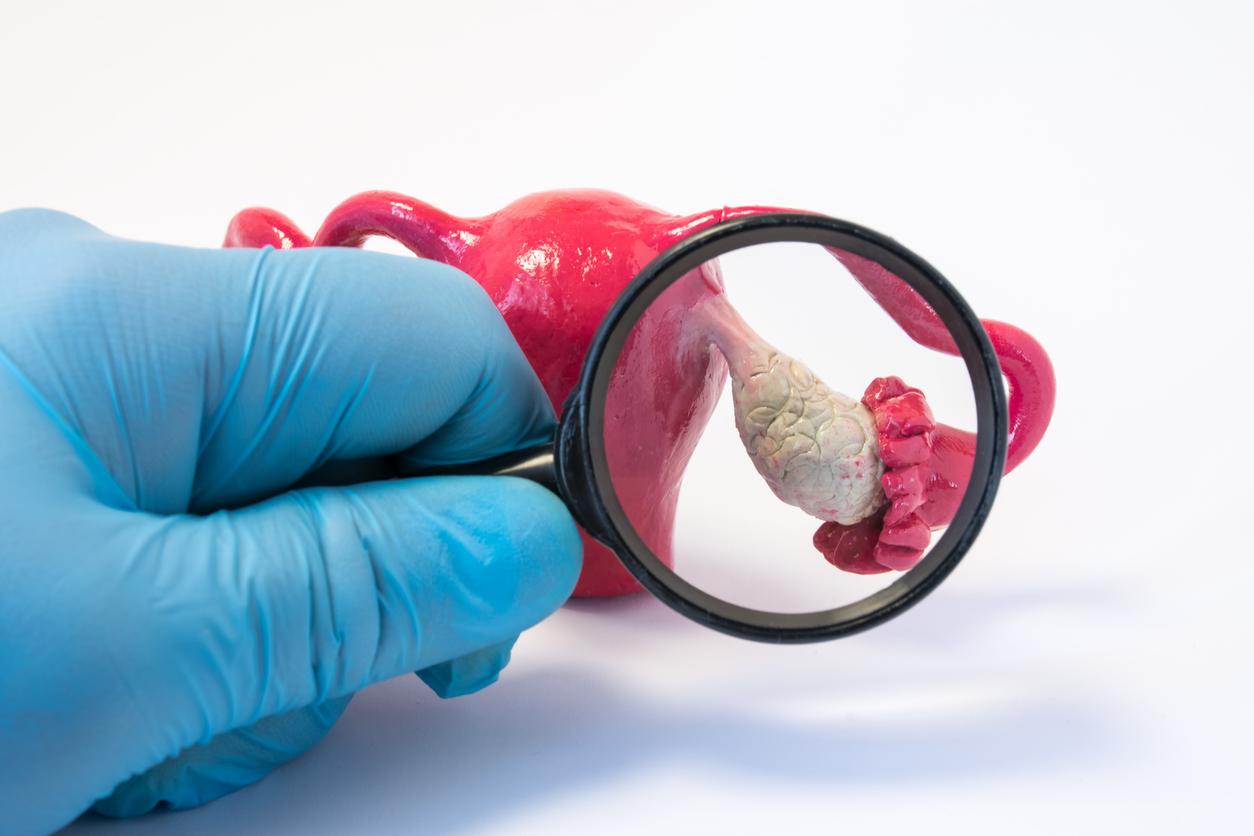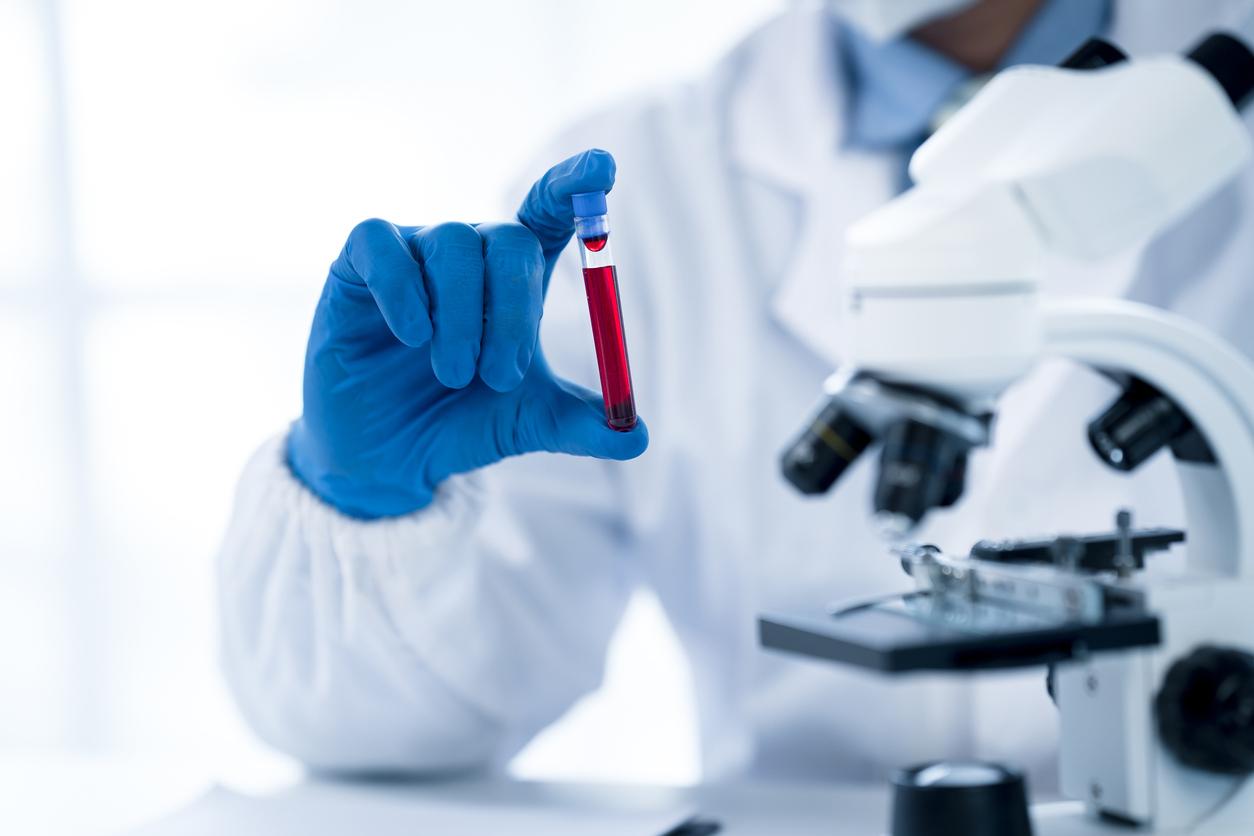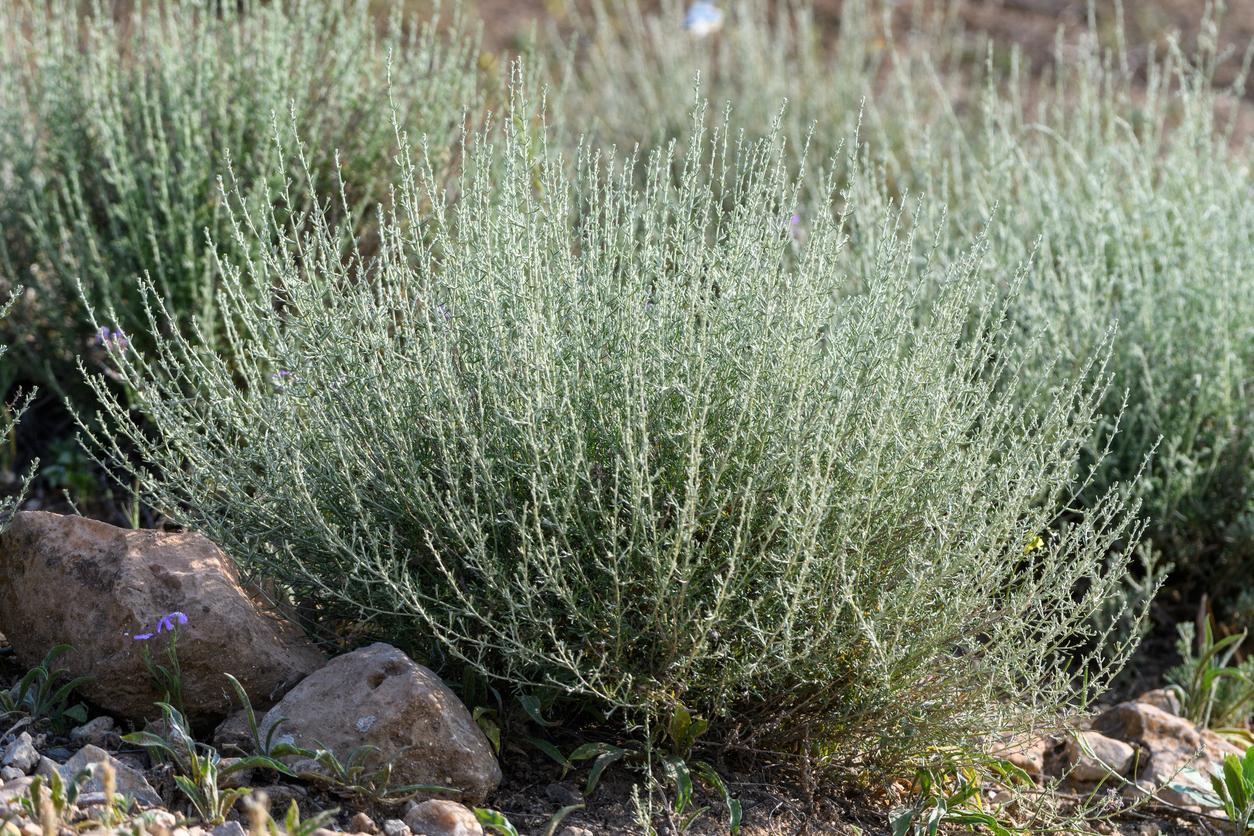Frequent consumption of yogurt reduces the risks of certain colon cancers.
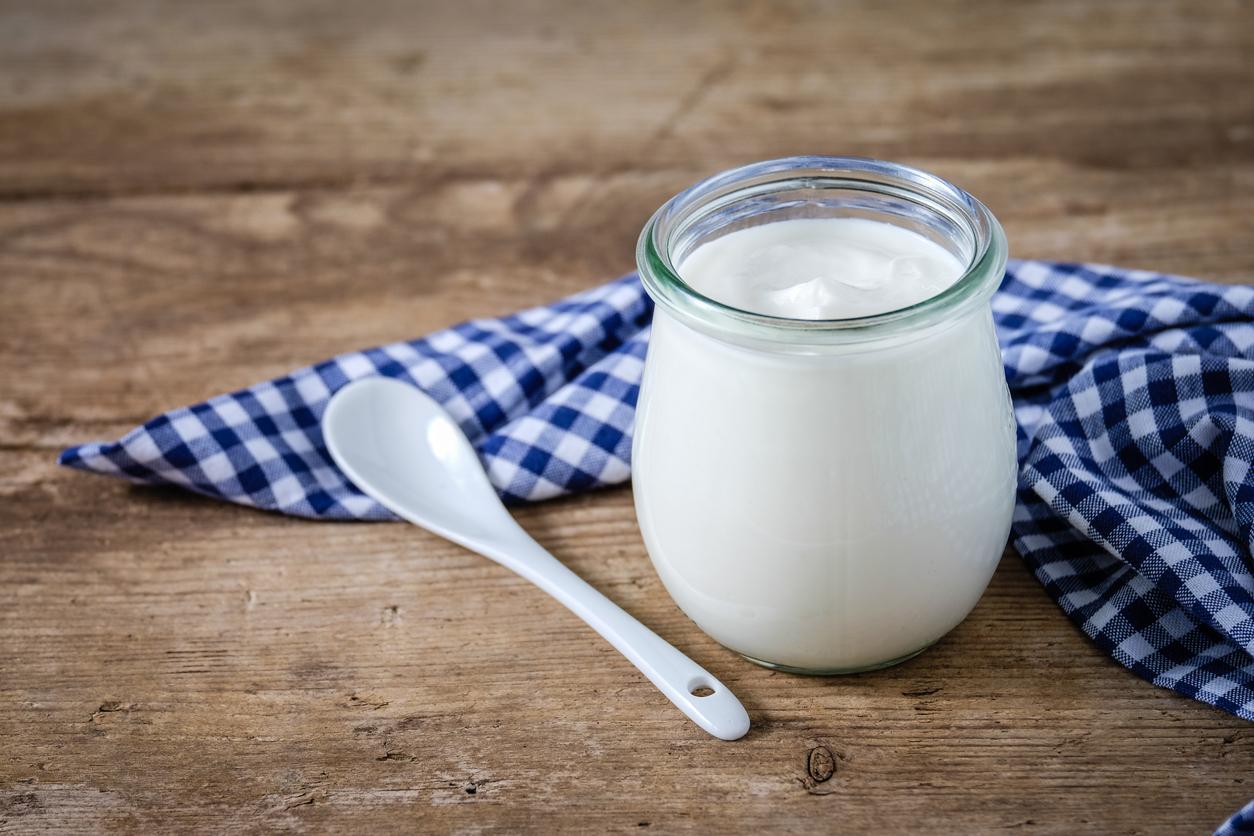
- The researchers noted a link between the consumption of yogurts and a decrease in the incidence of colon cancer.
- More specifically, people who eat two or more portions per week tended to have lower levels of positive colorectal cancer for bifidobacterium.
- The results suggest that yogurt consumption can change the microbiome, resulting in a protective effect.
If you like yogurts, don’t sulk your pleasure. MASS GENERAL Brigham researchers have discovered that people with high consumption of these dairy products have lower rates of positive colon cancer with bifidobacterium.
Their results are published in the journal Gut microbes.
Proximal colon cancer: a link between yogurt and risk decrease
To conduct their study, the researchers resumed data from two American cohort studies: Nurses’ Health Study (NHS) and Health Professionals Follow-Up Study (HPFS). This represents more than 100,000 graduates and 51,000 male health professionals. Followed since 1976 and 1986 respectively, volunteers have regularly answered questionnaires on factors related to lifestyle and their health. In particular, there were questions about the average daily consumption of plain and flavored yogurt, as well as other dairy products.
By studying participants’ medical records, the team noted 3,079 cases of colorectal cancer diagnosed during the study. The bifidobacterium content, a bacterial species present in yogurt, in tumor tissues was known in 1,121 cases. 31 % of tumors were positive for the bacteria.
The analyzes have not revealed a significant association between long -term yogurt consumption and the overall incidence of colorectal cancer. On the other hand, a link was observed for positive tumors at the bifidobacterium. People who ate two or more portions of yogurt per week had an incidence of cancer 20 % compared to the others.
“This lower rate was due to a lower incidence of positive colon cancer with bifidobacterium, a type of colorectal cancer that occurs on the right side of the colon. Studies have shown that patients with proximal colon cancer have survival results less good than patients with distal cancer “, specify the authors in their press release.

Colorectal cancer: the microbiome at the heart of this protective effect?
“It has been believed for a long time that yogurt and other fermented dairy products are beneficial for gastrointestinal health”notes the main co -author of the works, Dr Tomotaka Ugai. “Our new discoveries suggest that this protective effect could be specific to positive bifidobacterium tumors.”
But why do large yogurt consumers have a reduced risk of proximal colon cancer? The expert and his colleagues argue that this food habit modifies the intestinal microbiome, including bifidobacterium bacteria. However, they recognize that additional studies are necessary to draw a final conclusion.










